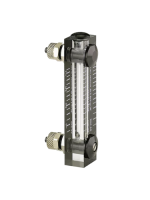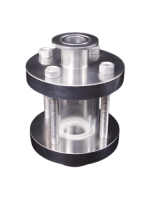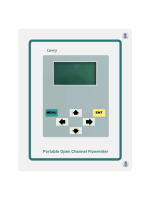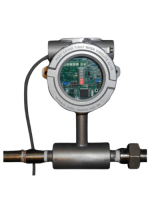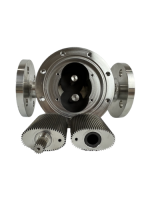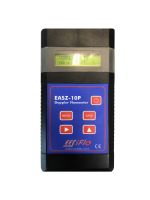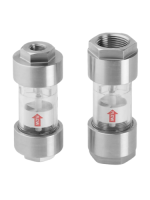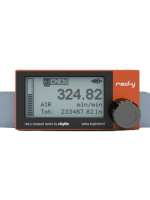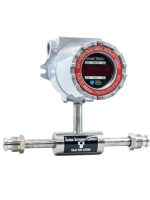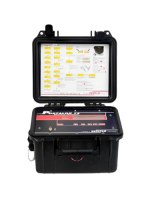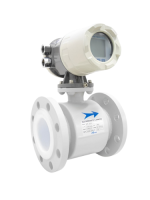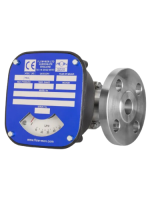Java, Indonesia
Agriculture plays a critical role in driving Java’s economy, covering over two-thirds of its total area. The fertile soils of the island primarily cultivate wet rice, which serves as the main food staple. The island’s agricultural strength is made possible by a sophisticated irrigation system composed of canals, dams, aqueducts, and reservoirs that have been meticulously engineered for centuries to bolster rice cultivation capacity.
Java’s lowland regions are mainly cultivated by small peasant landholders, producing a diverse range of crops such as corn, cassava, peanuts, soybeans, and sweet potatoes. The island’s agricultural landscape is dominated by terraced hillsides and irrigated rice fields. Besides staple crops, a variety of fruits such as mangoes, bananas, citrus fruits, and durian, alongside vegetables, kapok, sesame, and vegetable oils cater to local consumption.
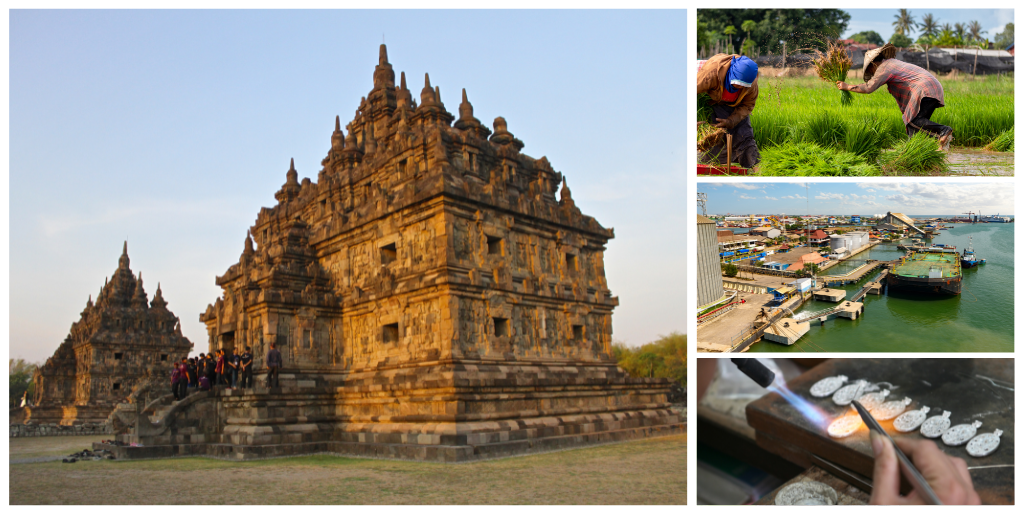
Java, an island situated in Indonesia, has a rich and diverse agricultural repertoire. The island is known for growing cash crops such as tea, coffee, tobacco, rubber, and cinchona, which are predominantly cultivated in the highland regions. The cultivation of multiple cash crops simultaneously is a common practice among large family estates. The island’s economy is further strengthened by the export of commodities such as sugarcane, kapok, and coconuts.
Livestock farming is an important component of Java’s agriculture, particularly for draft purposes, with water buffalo being the primary choice for that purpose. The island’s fish farming industry plays a significant role in supplementing the protein needs of its inhabitants, with fish ponds and rice fields being the primary locations for fish farming. Additionally, salted and dried fish are imported to meet the demand for fish.
Java’s economic landscape extends beyond agriculture, with significant oil reserves being exploited from the Arjuna fields located off the northwest coast. Petroleum refineries, such as those in Cilacap, Jepu, and Surabaya, complemented by limited mining activities extracting manganese, sulfur, phosphate, gold, and silver, contribute significantly to the island’s economy.
The island’s manufacturing sector is diverse, ranging from traditional crafts like batik printing, iron founding, and silverwork to larger-scale industries encompassing textile processing, rubber manufacturing, and auto assembly. Java’s industrial base includes breweries, footwear, paper, soap, cement, and cigarette factories, which help to further strengthen the island’s economy.
Java’s infrastructure development is robust, with the Jatiluhur Dam being Indonesia’s largest, and a well-connected rail and highway network linking principal cities. Jakarta, the capital city of Indonesia, serves as a hub for the government-owned radio network and hosts an international airport. Surabaya and Tanjungpriuk serve as pivotal ports facilitating trade and commerce. All these developments make Java an excellent location for businesses and individuals alike who are looking to grow and prosper.
Featured products:
